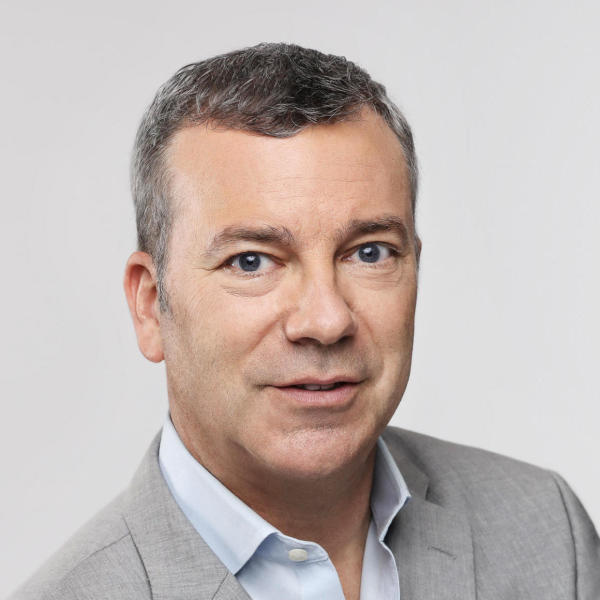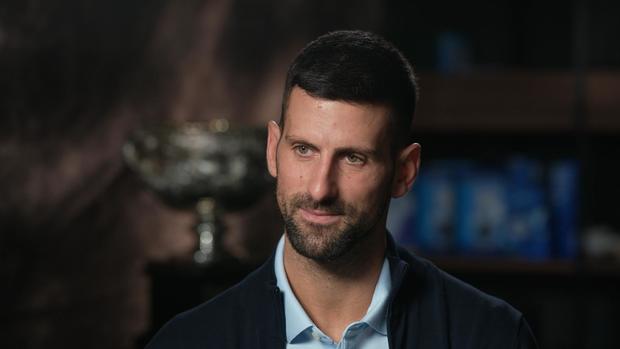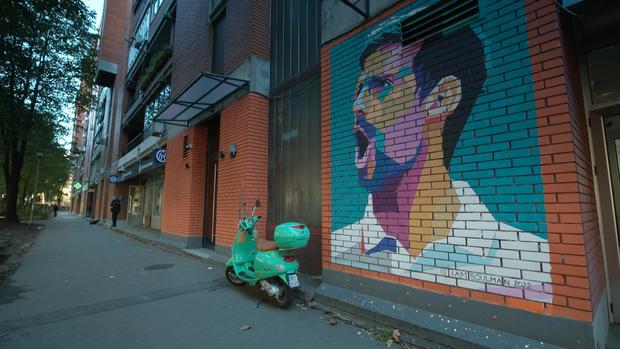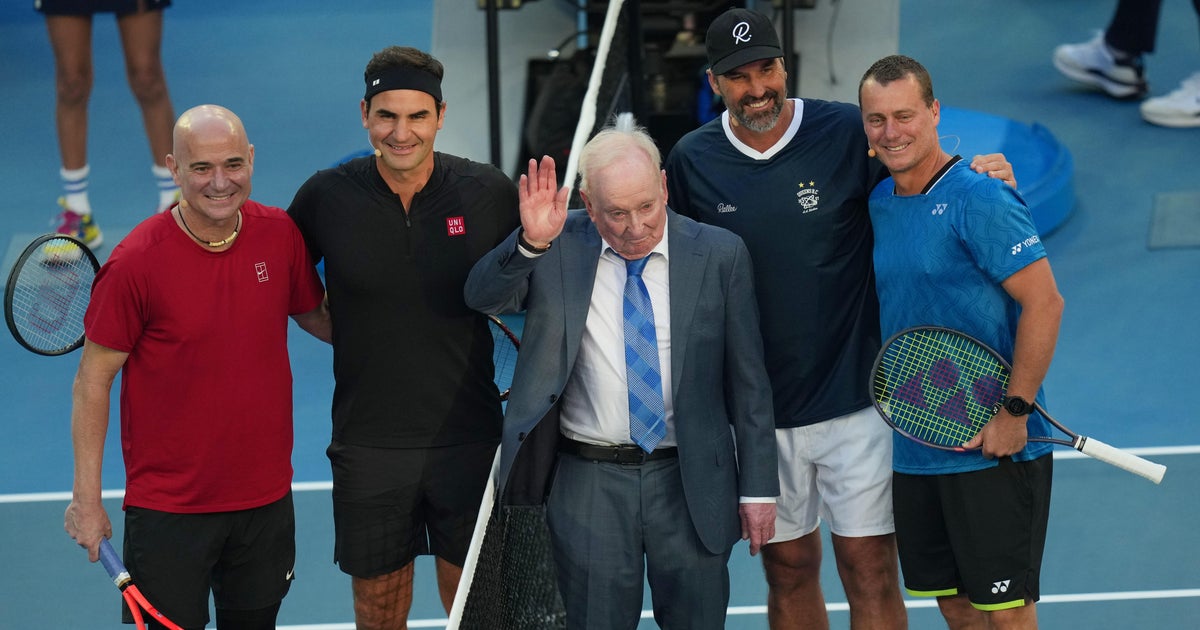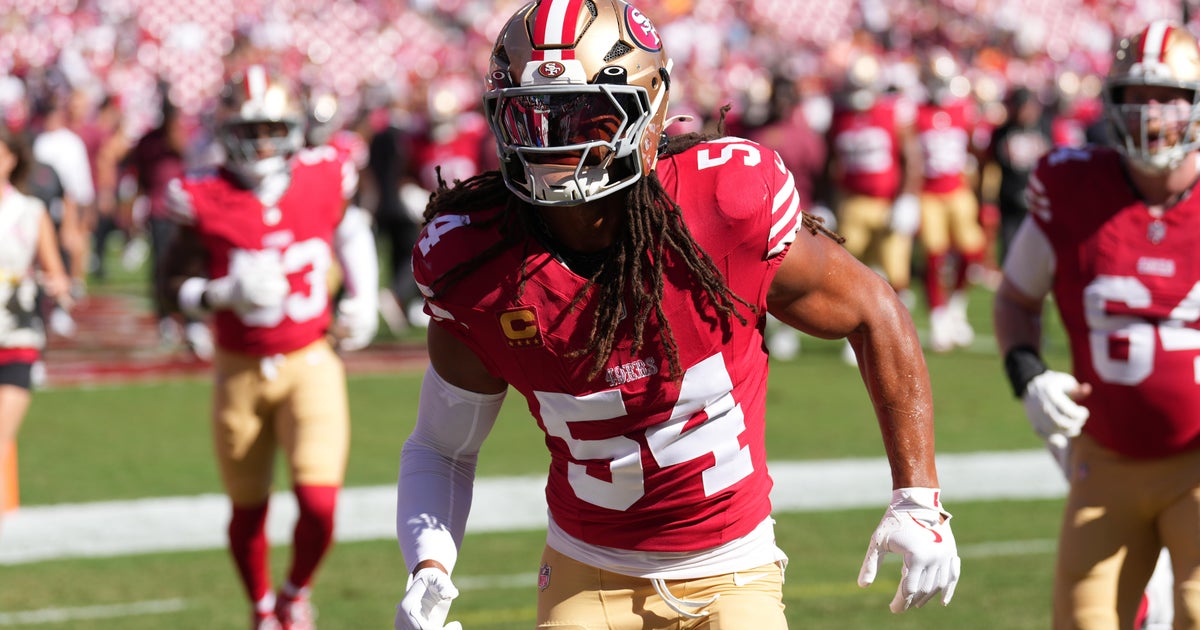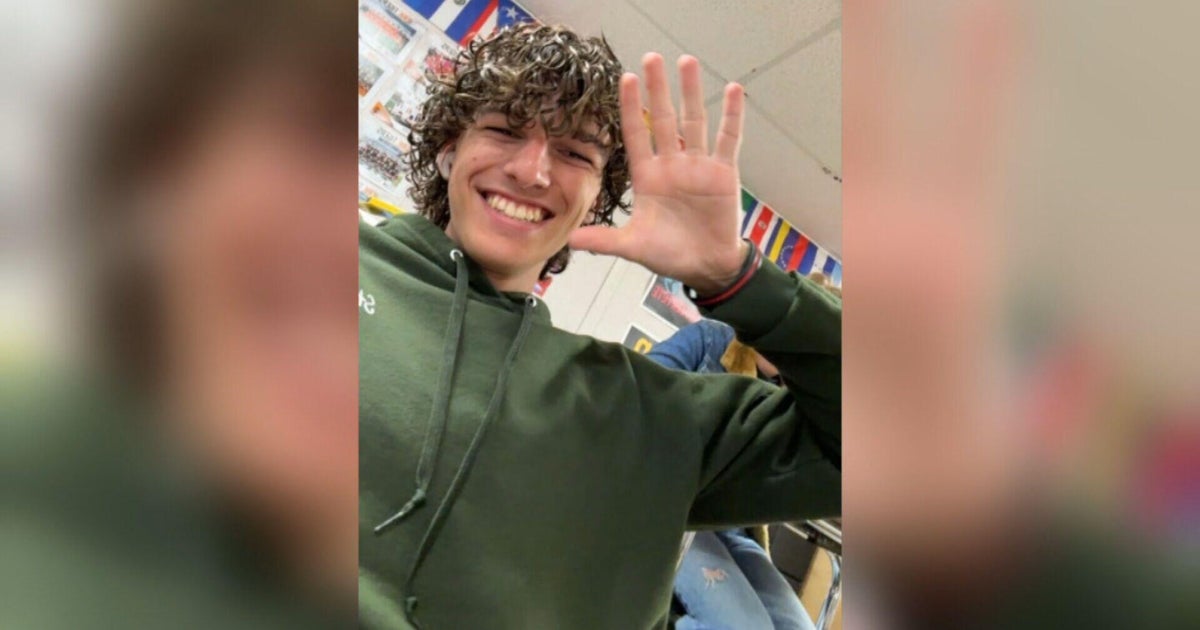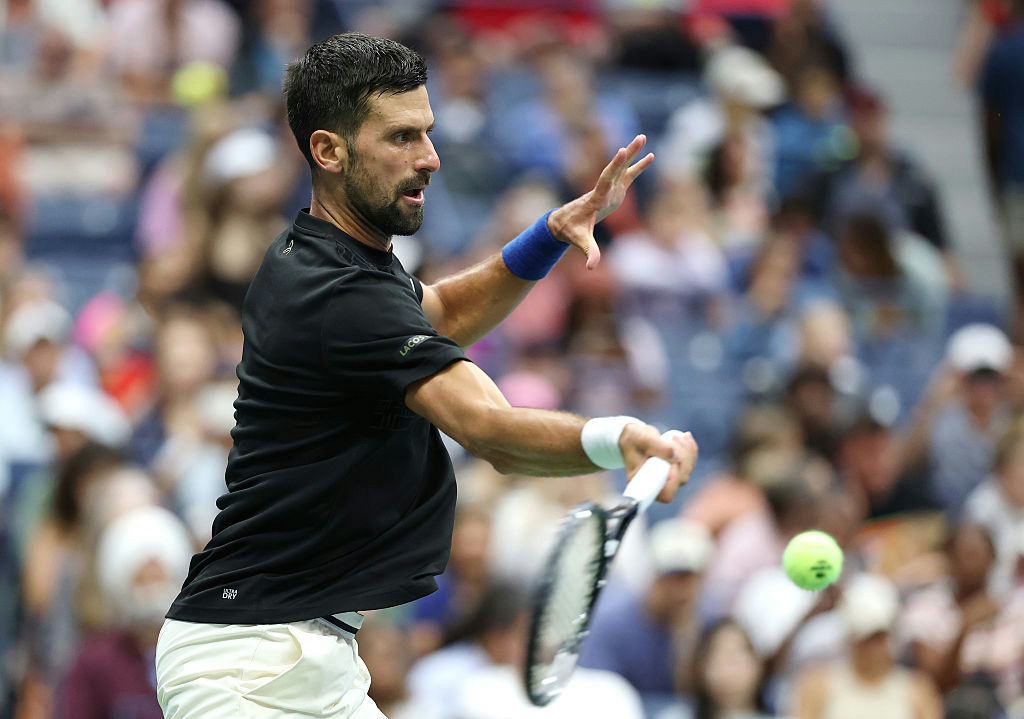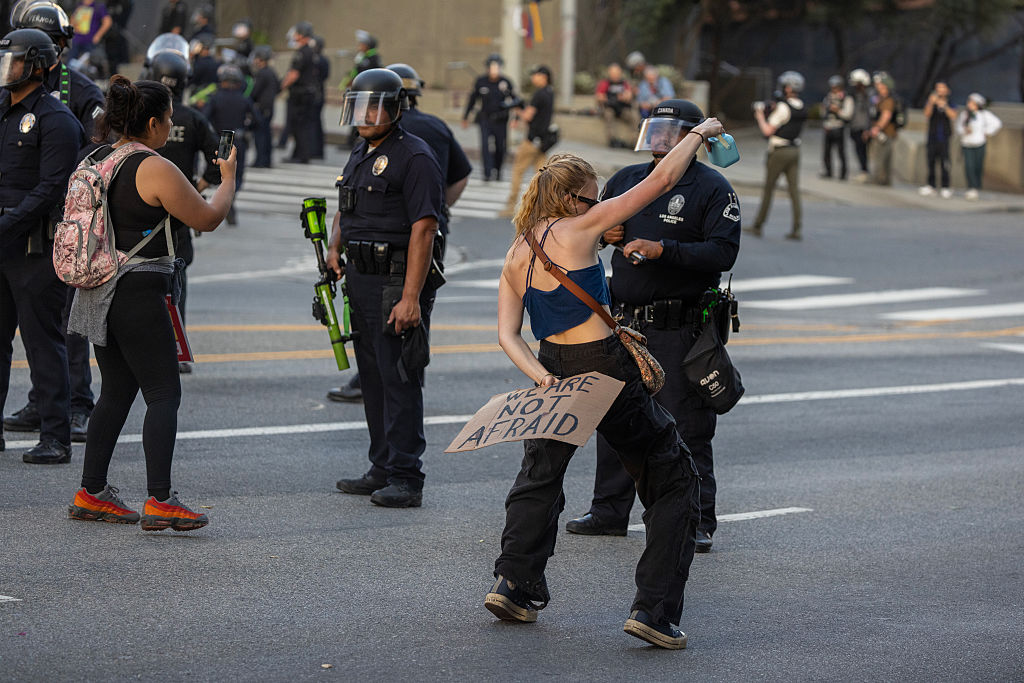Novak Djokovic on studying his opponents and becoming a "villain of the world"
Novak Djokovic is always hunting for signs of weakness across the net.
Eye contact is a big part of the game for the tennis genius. He watches his opponents as they change ends, as they sit on their benches – even as they drink water. The way they drink, sweat and breathe matters to Djokovic. He takes it all in, assessing how he might exploit weakness in his competitor's game.
It's clear this focus has helped the 36-year-old star stay dominant, earning him 24 major singles titles –two more than long-time rival Rafael Nadal and four more than Roger Federer.
The work it takes to dominate
When the Serb won the 2023 U.S. Open men's singles final beating out Daniil Medvedev, who's nearly a decade younger than him, he became the oldest man to win the tournament in the Open era. Djokovic sees hungry, young players as motivation.
"I think they kind of awaken a beast in me," he said.
Djokovic said that he may not be as fast as he once was, but he's wiser and more accurate. On the court, he'll aim for targets the size of a small coin.
His training is focused on not just accuracy but also mental strength.
"It's not a gift," he said. "It's something that comes with work."
Conscious breathing plays a huge role when he's under pressure on the court.
While many in sports try to stay positive and feel there's no room for doubts and fears, Djokovic embraces whatever he's feeling, then moves on quickly.
"The difference, I guess, between the guys who are able to be the biggest champions, and the ones that are struggling to get to the highest level is the ability to not stay in those emotions for too long," Djokovic said. "So for me, it's really relatively short. So as soon as I experience it, I acknowledge it. I maybe, you know, burst. I scream on the court, whatever happens. But then I'm able to bounce back and reset."
A polarizing player
Sometimes Djokovic's bursts of emotion end with him breaking a racket.
"I'm not proud about that. And I'm ashamed of myself when I do that, no doubt," he said. "But at the same time, you know, I accept myself as a flawed human being."
While he has surpassed his rivals on the scoreboard and in the record books, Djokovic knows he is not always the most popular.
"The amount of pressure and stress is so much higher if you have [the] crowd against you," he said.
Djokovic's dealt with it for most of his career –and some even think it makes him play better.
"At the same time, I actually enjoy more being in [an] environment where, you know, I have nice support," he said.
Though no stranger to unfavorable fans, Djokovic became the subject of a larger controversy—and a global news story—in early 2022, when "I was basically declared as a villain of the world," he said.
Djokovic, who was not vaccinated against COVID-19, got an exemption to play in the 2022 Australian Open at a time when the country was coming out of a long lockdown. He was then deported after public outcry.
"I had basically most of the world against me," Djokovic said. "I had that kind of experience on the tennis court with crowds that were not maybe cheering me on, but I never had this particular experience before in my life."
He says he's not anti-vaccine, he's just "pro freedom to choose" when it comes to taking the vaccine or not.
Djokovic was able to return to Australia this year where he went on to win the Australian Open and tie Rafael Nadal's men's singles title record.
Surpassing Nadal's record
Djokovic has since won even more titles, but at the outset of his career, he struggled to break through against Roger Federer and Rafael Nadal. He says he felt intimidated by them before big matches, starting in the locker room. Djokovic remembers watching Nadal jump and sprint in the locker room at the French Open.
"I can even hear the music he's listening to, you know, in his headphones," Djokovic said. "So, you know, it's pissing me off."
For Djokovic, the competition begins way before the first tennis ball is hit.
"Early in my career, I didn't realize how all that's part of the scenario, right? So I was getting intimidated by that," Djokovic said. "But it's also motivating me to do stuff myself and to show that I'm ready, you know? I'm ready for a battle, for a war."
Djokovic is committed to staying in the game and says his kids, 6-year-old Tara and 9-year-old Stefan, are part of his motivation to keep going.
"Actually years ago I had a dream that my daughter and my son will be able to watch me win Wimbledon," Djokovic said. "So that happened several times. I was very fortunate to experience that."
But the ultimate career extender may be a new generation of rivals to keep Djokovic on his toes, like 20-year-old Carlos Alcaraz, the only player to beat Djokovic at a major this year.
Djokovic says the Spaniard is as complete a player as he's seen in ages. Losing to him at Wimbledon was energizing, and Djokovic said it "pissed me off so much that I needed to win everything on American soil, which I did."
"It's a great opportunity for me to reinvent myself and really push harder than I ever did," Djokovic said.
